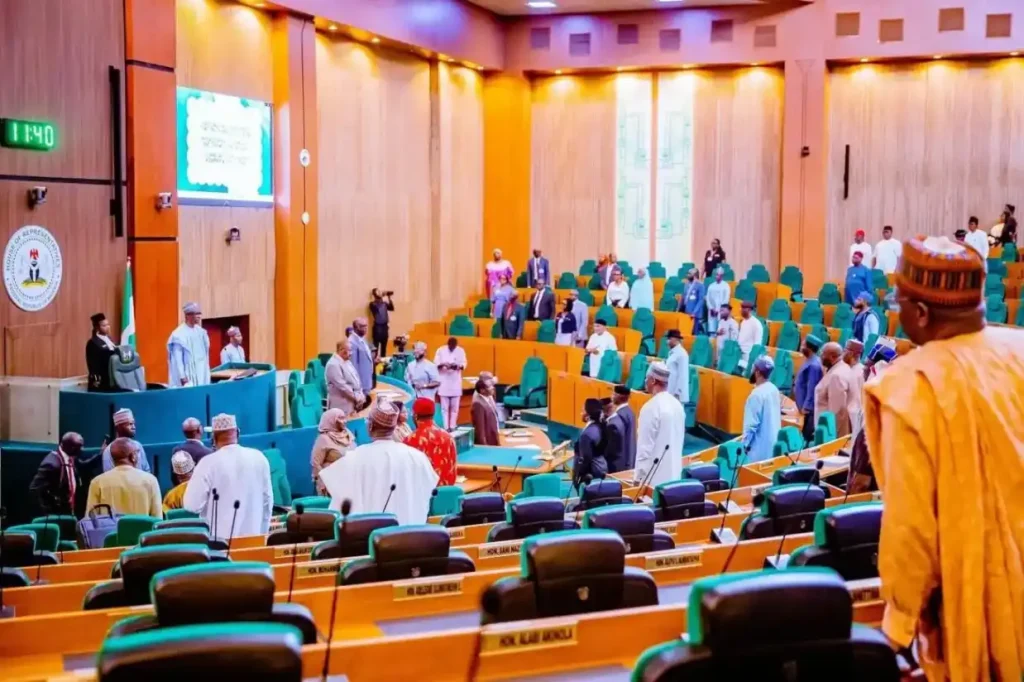As Africa’s most industrialized nation, South Africa has faced challenges in job creation in recent years, primarily due to a prolonged recession and the impact of the Covid-19 pandemic.
Currently, approximately 8.4 million people are unemployed, a significant increase from 5.2 million in 2014.
In Q2 2024, the workforce shrank by 92,000, bringing the total number of employed individuals to 16.7 million. The sectors that experienced the largest job losses include trade, agriculture, and construction.
In contrast, only manufacturing, social services, and utilities saw job gains.
These statistics are the first released since the May elections, which ushered in a coalition government that has prioritized economic recovery.
Unemployment was a central issue during the elections, likely contributing to the African National Congress (ANC) losing its absolute majority.
The statistics office noted that the most significant job losses occurred in the Western Cape, Mpumalanga, and KwaZulu-Natal provinces.
The coalition government faces considerable pressure to implement effective strategies for economic revitalization and job creation. Analysts suggest that addressing the structural issues within the economy, such as skills mismatches and infrastructure deficits, will be crucial for reversing the current unemployment trend.
Moreover, the rise in unemployment highlights the ongoing challenges that South Africa faces in fostering inclusive economic growth. The government may need to focus on sectors with potential for expansion, such as technology and renewable energy, to stimulate job opportunities.
With public sentiment increasingly concerned about job security and economic stability, the new administration’s ability to deliver tangible results will be closely scrutinized in the coming months. As policymakers navigate these complexities, the urgency for targeted interventions to boost employment and support vulnerable populations remains paramount.























